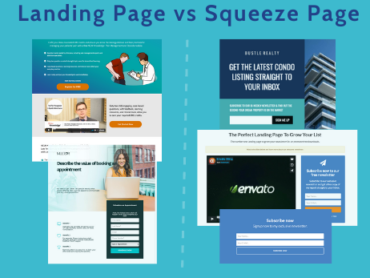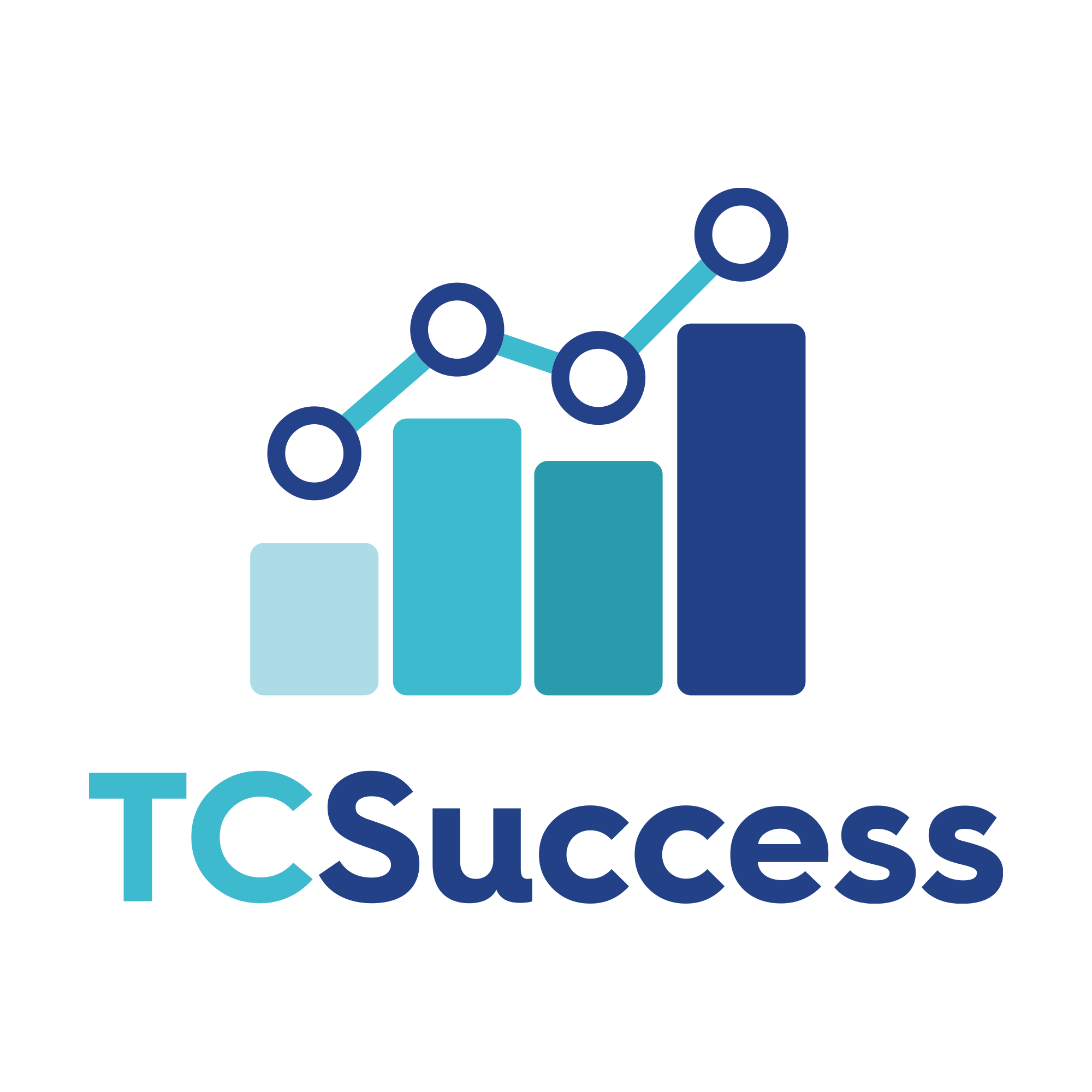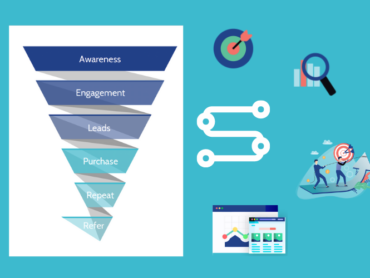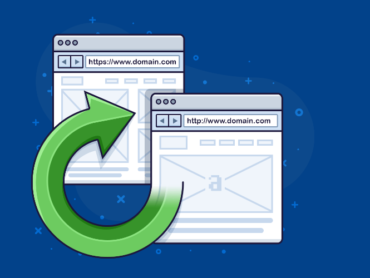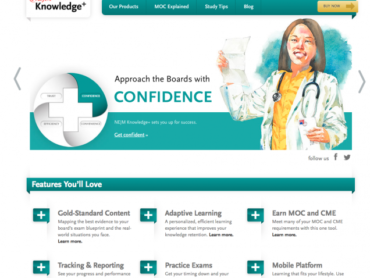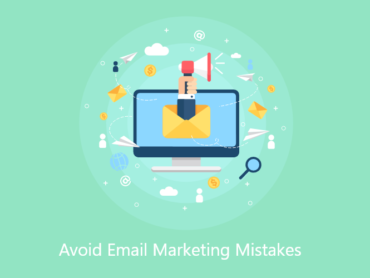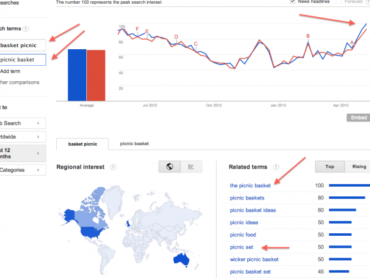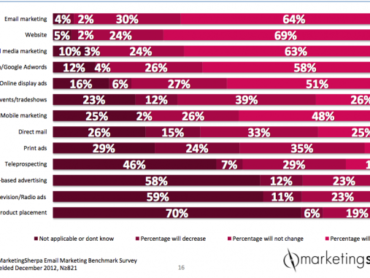
Evaluating Site Speed in a Mobile-First World
How Should You Prioritize Site Speed?
Your development team has a long list of requests in front of them. The SEO marketing manager wants to improve the site’s page speed for SEO purposes, the product manager for user experience. In order to allocate resources most effectively, companies must consider the importance of page speed and how it should be prioritized against all the other requests.
Google is increasing its emphasis on ‘mobile first’ making mobile friendly design and site speed more important than ever when it comes to organic search results. Over half of all searches now occur on mobile devices and that percentage is increasing daily.
Many companies have already created a mobile-design version of their sites (responsive, simplified navigation, larger buttons, etc.) so the critical factor for mobile optimization becomes site speed. You have likely implemented the ‘low-hanging fruit’ recommendations for improving speed including image optimization, increasing server speed, and plugin management. If not, these can give you an immediate improvement and are relatively simple to address.
To improve page speed beyond these easy fixes, stay competitive and keep improving your rankings, you may have to invest in development resources. In order to evaluate the relative importance of improving site speed against your other development priorities, let’s take a deeper dive into how it affects your business and how to measure and fix it.
What is Page Speed and How is it Measured?

Site speed is aggregated across a domain or a subset of website pages, but page speed is measured one page at a time. Most testing tools test page speed but many recommendations will apply to the site as a whole (or large sections of it).
Page speed is usually measured for desktop and mobile devices separately and recommendations for improvements will usually differ. But improvements applied usually impact both, albeit to different degrees and speed is important for both desktop and mobile.
Factors that contribute to page speed include:
- How fast files are downloaded
- How fast the browser renders the images
- How quickly users can view the page on their device, with emphasis on “above the fold”
Environmental variables, like global location, connection speed, device, browser, and server speed also play a role.
There are various methods and tools that are used to measure and test site speed. Factors like page load time, file sizes and rendering speed are weighted to provide a score. Environmental variables are also factored in. Tools that measure page speed include Google’s Page Speed Insights tool, Pingdom, Mobitest, GTMetrix, and Dareboost. More about these tools below
- How fast files are downloaded
- How fast the browser renders the images
- How quickly users can view the page on their device, with emphasis on “above the fold”
Environmental variables, like global location, connection speed, device, browser, and server speed also play a role.
There are various methods and tools that are used to measure and test site speed. Factors like page load time, file sizes and rendering speed are weighted to provide a score. Environmental variables are also factored in. Tools that measure page speed include Google’s Page Speed Insights tool, Pingdom, Mobitest, GTMetrix, and Dareboost. More about these tools below
How Important is Page Speed?
Site speed affects more than just organic search traffic. Here are the major considerations.
- Slow page speed costs money in lost business.The slower the page is to load, the fewer visitors will wait to see it. Speeding up your site will move more prospects further down the funnel. Read the full Kissmetrics Report “How Page Loading Time Affects Your Bottom Line.”

-
Slow page speed negatively affects user experience.
We can study user engagement metrics like bounce rate, time on site, and pages per visit all we want, but we know from personal experience how frustrating it is to wait for a page to load. You don’t need research to tell you that.Even if users want your content and product, and stick around to get it, the impression your site speed makes has a drag on everything else you are doing to make a good impression. A slow site affects your customer’s overall impression of your brand.
-
Slow page speed lowers conversion rates.
There is lots of great data in this Executive Summary published by SOASTA entitled “Cost of a few seconds in the digital marketplace” on how speed affects business performance. The slide below shows that delays as short as 100 milliseconds can reduce conversion rates by over 7%. A two-second delay can reduce conversions by over a third.

-
Slower site speed means less traffic from organic search.
Slower site speed means less traffic from organic search. And this will be an increasing factor as the “mobile-first” index comes online. Page Speed has been a known ranking factor for Google since 2010. However, Google has not as yet used it as a ranking factor for mobile searches. While site speed is not a factor in Google’s mobile index quite yet, Google has announced that it will be, and is working on rolling it out. According to Gary Illyes of Google, “The speed of your mobile pages currently doesn’t impact your mobile rankings, but soon it may.” This seems to have slowed down a bit as Gary just pushed back the expected date to 2018 in an SMX session. He also emphasizes that you shouldn’t “freak-out.” and that Google will be very proactive in talking with webmasters about it. So let’s just say it’s coming. Sooner or later your mobile site needs to be faster than your competitors to achieve top ranking for your keywords. So although there are many ranking factors, speed is one worth paying attention to in your technology roadmap. Third-party research data backs it up. Backlinko analyzed over 1 million search results and published this comprehensive ranking factors report. There are many things affecting ranking reviewed here, including how the average page load speed affected ranking. Not surprisingly, the faster the page load speed, the better the position.

How do I Check Site Speed?

If you want to measure the speed of your site for SEO, why not go to the source? Google PageSpeed Insights is an API that measures a page’s performance on mobile and desktop devices.
It measures only the network-independent aspects of page performance so environmental factors are not considered. You’ll get an easy to understand graphic report and a number of recommendations for how to improve speed.
Other Web Page Speed Test Tools:
The following list contains several other web page speed testing tools available to measure page speed & provide recommendations. In many of these tools, you can test location, device, and other environmental factors for more precise measurement.
Mobitest from Akamai is an open-source tool that’s easy to use. Just enter the URL, location, and the device you want to test on. You’ll get a report on loading speed and a video of the page load.
Pingdom is a monthly subscription service with several levels to choose from. It checks your website at regular intervals to determine its performance. You can test individual pages for free here.
GTMetrix is a free tool that measures your page load speed and provides recommendations on how to improve it.
Dareboost provides a free test of your website’s speed and quality and offers analysis and optimization tools.
Open SEO Stats is a Chrome extension that was previously known as PageRank Status. It provides page rank and SEO stats on any web page you visit including page speed.

RavenTools has a Site Auditor that gathers data on SEO, page speed, and mobile UX by crawling any site you choose. This requires a subscription.
Improving Page Speed

Recommendations for increasing speed are included with most testing tool reports. Technical recommendations from the testing tools vary, but most will point to these issues as most impactful:
- JavaScript & CSS resources blocking above the fold page rendering
- Image optimization
- Leveraging of browser caching
- Removing query string from static resources
Gathering Site Speed Scores & Comparing Them to Your Competition
Since many factors affect speed, and different tools measure and weight scores differently, getting a handle on a relative, standard measurement is elusive. Creating a chart that pulls the data together from different tools will enable a “speed score” to emerge for your site.
It’s also helpful to compare your speed against other sites that compete for rankings on the same keywords. Google takes comparative speed into account when determining rankings, so improving your speed relative to your competitors can improve your rankings.
Comparing your site’s page speed against your competition will also help you determine a sense of urgency. If all of the competitors in your space are outperforming you, it’s time to act! If you are at the top or middle of the pack, you probably have some more time.
Looking at one such comparison, you can see that the sites that do well in organic search traffic, tend to have better speed performance.

Some tools for benchmarking overall traffic and keyword rankings against your competition include:
Alexa is Amazon’s marketing analytics software that provides site audits, competitive analysis, and keyword research.
SEMRush is a monthly subscription that provides analytics for SEO, social media, advertising, and content. You can analyze your own keywords, rankings, strategy, and that of your competitors.
Conclusion
The importance of addressing site speed is accelerating as users migrate to mobile and Google emphasizes speed as a ranking factor across the board. Adapting to a mobile-first world and prioritizing speed is inevitable for all sites. But it is not panic time. If your site is slower than you want it to be, you can address the issues over time, allowing site speed to be prioritized alongside the other demands of your business. But don’t wait too long. There are just too many reasons why site speed can be a costly leak in the bucket.
If you would like some help in evaluating your site speed, contact us. We can measure your site speed, compare it to your competitors’, and design and implement a program to increase your speed and rankings over time.




